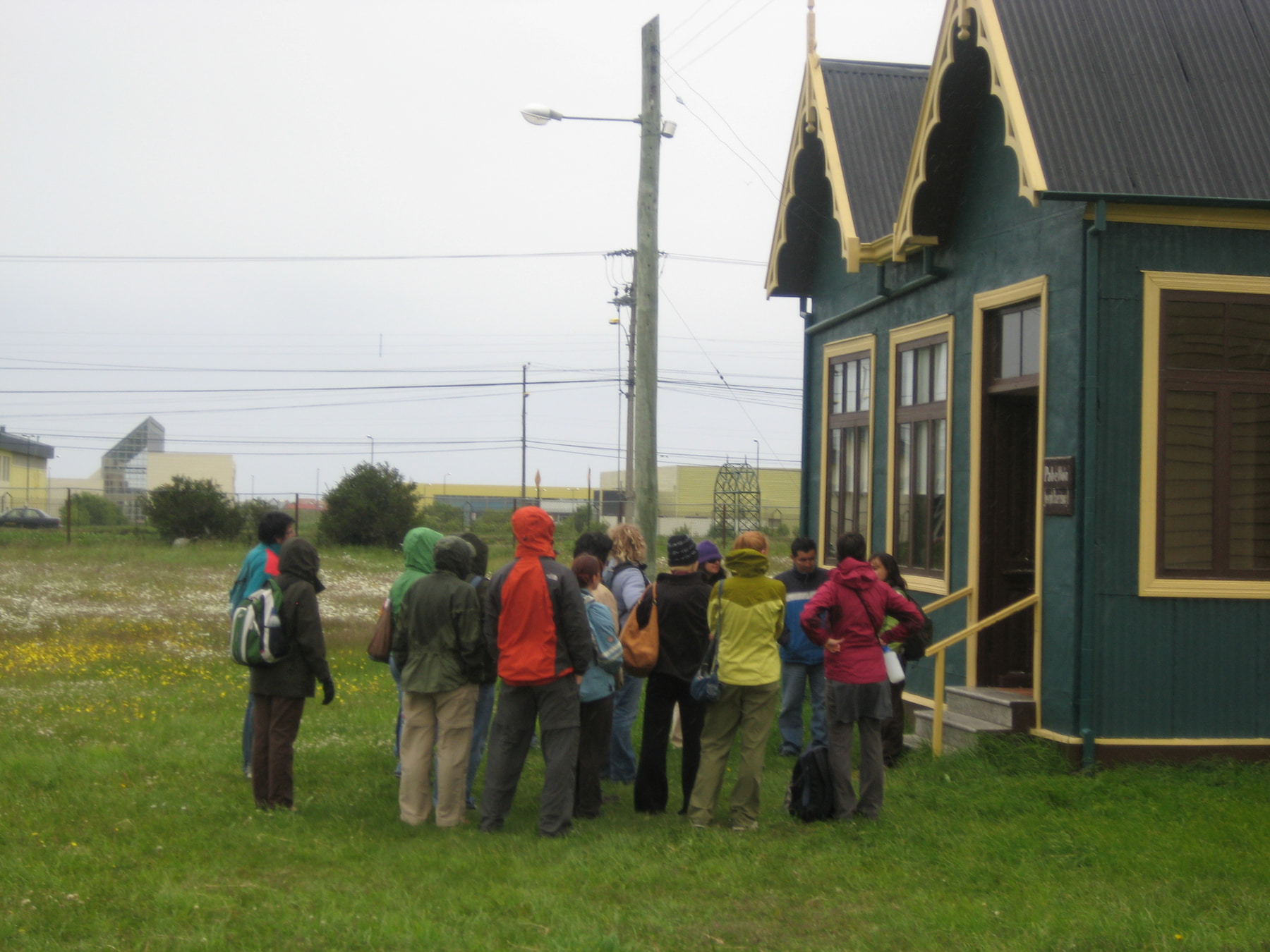 UNT's Department of Philosophy and Religion Studies is renowned as a world leader in environmental ethics and environmental philosophy.
In Cape Horn, scientists and philosophers have been working since 2000 to create a
"field philosophy" that addresses real world environmental problems and better integrates
the sciences and humanities.
UNT's Department of Philosophy and Religion Studies is renowned as a world leader in environmental ethics and environmental philosophy.
In Cape Horn, scientists and philosophers have been working since 2000 to create a
"field philosophy" that addresses real world environmental problems and better integrates
the sciences and humanities.
Field philosophy is an emerging approach to philosophy that emphasizes the use of traditional philosophy in the assessment of tangible, current problems. It differs from "applied philosophy" in the sense that it starts with the problem itself - in the "field" -- and identifies the implicit philosophical issues. In other words, it starts with the problem and not with the philosophy. Because field philosophy starts with a problem not defined by philosophy, the philosopher must be familiar with other pertinent aspects, be they economic, sociological, ecological, or political. Field philosophy is inherently transdisciplinary: it engages philosophical inquiry with recognized problems, and requires the collaboration of philosophers, and other academics, and non-academics, including scientists, policy-makers, stakeholders, and the public.
In 2010, the University of North Texas, in partnership with the University of Magallanes and IEB, constructed a field station in Puerto Williams, Chile, which offers a unique conceptual and physical space to engage in field philosophy. Biologists, ecologists, philosophers, and students from Chile, the U.S, Latin America, and around the world, work together to conserve the biological and cultural diversity of the Cape Horn Biosphere Reserve. In 2023, our partnership expanded in the construction of the Cape Horn International Center (CHIC), a state of the art facility with laboratories, educational classrooms, and community meeting spaces, etc. Rather than merely theorizing about these issues from afar, these facilities provide us with the unique opportunity learn from and value with local flora and fauna, as well as people living in the region, including members of indigenous cultures that share traditional ecological knowledge at risk of being lost as traditional languages are replaced by dominant ones.
 In keeping with the spirit of "field philosophy" in southern tip of Chile, we emphasize
the importance of biocultural conservation that incorporates the traditions and philosophies
of indigenous people and South-American philosophers and scientists, past and present.
In Fall 2007, the International Society for Environmental Ethics (ISEE) began a bilingual
South American environmental philosophy section, with the aim of nurturing a dialogue
among contemporary voices from South American, and the broader international philosophical
communinity. We hope that working closely with a diversity of environmental thinkers
will foster rich philosophical foundations adressing challenges for biocultural conservation
in southern Chile. Every four months, we invite a prominent South American environmental
philosopher to discuss the contributions made by philosophers in their country. These
insights are valuable for building networks and organizational platforms for Noth
and South American environmental philosophers, that are grounded in the myriad of
cultures and traditions of South American countries.
In keeping with the spirit of "field philosophy" in southern tip of Chile, we emphasize
the importance of biocultural conservation that incorporates the traditions and philosophies
of indigenous people and South-American philosophers and scientists, past and present.
In Fall 2007, the International Society for Environmental Ethics (ISEE) began a bilingual
South American environmental philosophy section, with the aim of nurturing a dialogue
among contemporary voices from South American, and the broader international philosophical
communinity. We hope that working closely with a diversity of environmental thinkers
will foster rich philosophical foundations adressing challenges for biocultural conservation
in southern Chile. Every four months, we invite a prominent South American environmental
philosopher to discuss the contributions made by philosophers in their country. These
insights are valuable for building networks and organizational platforms for Noth
and South American environmental philosophers, that are grounded in the myriad of
cultures and traditions of South American countries.